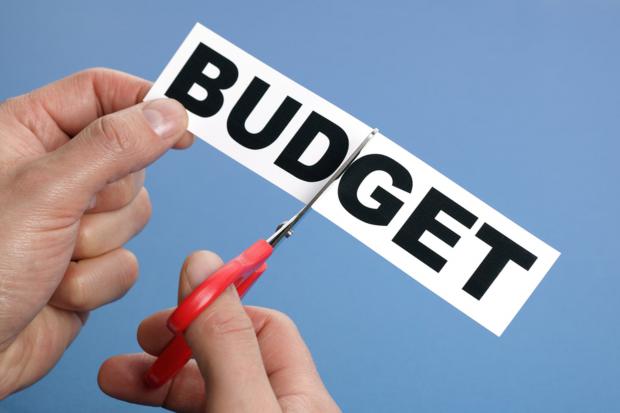
Breaking News
 BREAKING: ACTIVE SHOOTER at Brown University - Two People Dead - 8 Critically Injured
BREAKING: ACTIVE SHOOTER at Brown University - Two People Dead - 8 Critically Injured
 Argentina Moves to Let Banks Offer Bitcoin and Crypto Services
Argentina Moves to Let Banks Offer Bitcoin and Crypto Services
 We're One Storm Away From Disaster
We're One Storm Away From Disaster
 Think a Dairy Cow Will Tie You Down? Here's the Truth.
Think a Dairy Cow Will Tie You Down? Here's the Truth.
Top Tech News
 This tiny dev board is packed with features for ambitious makers
This tiny dev board is packed with features for ambitious makers
 Scientists Discover Gel to Regrow Tooth Enamel
Scientists Discover Gel to Regrow Tooth Enamel
 Vitamin C and Dandelion Root Killing Cancer Cells -- as Former CDC Director Calls for COVID-19...
Vitamin C and Dandelion Root Killing Cancer Cells -- as Former CDC Director Calls for COVID-19...
 Galactic Brain: US firm plans space-based data centers, power grid to challenge China
Galactic Brain: US firm plans space-based data centers, power grid to challenge China
 A microbial cleanup for glyphosate just earned a patent. Here's why that matters
A microbial cleanup for glyphosate just earned a patent. Here's why that matters
 Japan Breaks Internet Speed Record with 5 Million Times Faster Data Transfer
Japan Breaks Internet Speed Record with 5 Million Times Faster Data Transfer
 Advanced Propulsion Resources Part 1 of 2
Advanced Propulsion Resources Part 1 of 2
 PulsarFusion a forward-thinking UK aerospace company, is pushing the boundaries of space travel...
PulsarFusion a forward-thinking UK aerospace company, is pushing the boundaries of space travel...
 Dinky little laser box throws big-screen entertainment from inches away
Dinky little laser box throws big-screen entertainment from inches away
 'World's first' sodium-ion flashlight shines bright even at -40 ºF
'World's first' sodium-ion flashlight shines bright even at -40 ºF
Elon Musk says DOGE probably won't find $2 trillion in federal budget cuts

Tech billionaire Elon Musk said Wednesday that his budget-cutting effort on behalf of President-elect Donald Trump would most likely not find $2 trillion in savings, backtracking on a goal he set earlier as co-head of a new advisory body, the Department of Government Efficiency, or DOGE.
Musk told political strategist Mark Penn in an interview broadcast on X that the $2 trillion figure was a "best-case outcome" and that he thought there was only a "good shot" at cutting half that.
Musk's lowered estimate is a significant downgrade from his earlier view. At a rally for Trump at Madison Square Garden in New York on Oct. 27, Musk said he'd be able to cut the federal budget by "at least $2 trillion."
That figure was quickly dismissed as implausible by budget experts, who said the entire discretionary budget was only $1.7 trillion. Musk hadn't waved people off the number until Wednesday, and it has been widely cited in reports about DOGE's plans.
Musk, along with former Republican presidential candidate Vivek Ramaswamy, is co-leading the DOGE budget-slashing effort, which Trump named in reference to an internet meme. The advisory panel has no official authority and is expected to make recommendations to the White House after Trump is sworn in for a second term.
The Trump transition team didn't immediately respond to a request for comment on Musk's updated estimate.
Experts have said Musk and Ramaswamy would need to propose cuts to mandatory programs such as Medicaid, the health care program for the poor, to achieve significant savings. Musk himself has warned that cuts could mean "hardship" for some.
Penn, a former adviser to President Bill Clinton, noted that Clinton was able to balance the federal budget toward the end of his time in the White House, and he asked about Musk's plans.
"Do you think the $2 trillion is a realistic number now that you're looking more closely at it?" he asked.
"I think we'll try for $2 trillion. I think that's the best-case outcome," Musk said. "But I do think that you kind of have to have some overage. I think if we try for $2 trillion, we've got a good shot at getting 1," he said, meaning $1 trillion in spending cuts.



